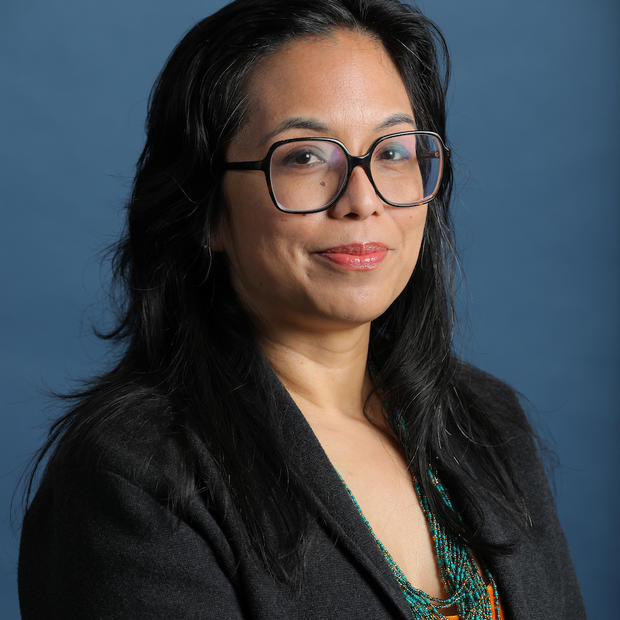After a year of distance and hybrid learning, families statewide have been lining up their middle and high school students for the COVID-19 shot since emergency approval for the Pfizer-BioNTech vaccine was expanded on May 10 to children as young as 12. So far it’s the only vaccine to be approved for children ages 12 to 15. Since Washington state expanded availability on May 13, more than 109,000 Washington residents 12 to 15 have received the vaccine.
Early demand has been strong. Statewide, 28.4% of 12- to 15-year-olds have started the process of vaccination for COVID-19, and about 41% of those 16 to 17, most of whom have been eligible since April, have had at least one shot. Nationwide about 22% of people 12 to 15 and about 37% of those 16 to 17 have received at least one dose, according to the Centers for Disease Control and Prevention.
Unlike with other vaccinations, such as for measles and whooping cough, school districts won’t be requiring the COVID-19 vaccine for attendance in the fall. The Washington State Board of Health won’t consider making it a requirement until a vaccine has been both fully licensed by the Food and Drug Administration and recommended by the Advisory Committee on Immunization Practices, an advisory body to the CDC. All of the current COVID-19 vaccines in circulation in the U.S. have only emergency approval.
The push to vaccinate comes as the CDC reports that the rate of COVID-19 hospitalizations in children 12 to 17 nationwide has risen, with 204 patients in that age group hospitalized since January. That’s an increase since the start of the pandemic.
The effort also comes as the state pushes schools to have full, in-person classes in the fall.
Local school districts aren’t allowed to go beyond the state’s requirements and demand that students get vaccinated, according to the Office of Superintendent of Public Instruction. But they are allowed to facilitate the process.
Dozens of schools have had hosted clinics for middle and high school students both during and after school.
“Essentially, our intent is to make these vaccines available,” said the Northshore School District’s superintendent, Dr. Michelle Reid. “We’re just providing a resource should our students and families choose to avail themselves of it.”
In the Northshore School District, which includes Bothell, Kenmore and Woodinville, about 900 students have been vaccinated at schools, and about 750 students and families got their shots at a weekend vaccine clinic.
“We made it convenient, We have a lot of families who have transportation challenges or work schedules,” Reid said. The early focus on web-based appointments also proved to be a barrier for some families, she said.
Many high school students, some of whom will be headed to colleges that require COVID vaccination, took the opportunity to get the shot at their schools.
“We have a lot of graduates who wanted to get vaccinated, who wanted to make sure to be good to go,” Reid said.
Because the COVID-19 vaccine is not required for school, the Northshore district is not tracking which students are vaccinated, Reid said.
“I hear from parents from all perspectives. There are parents who are hopeful that the vaccine rates continue to rise for sure,” she said.
Many families have already flocked to the general public mass vaccine sites that were open through last month, and districts like Northshore and Highline have sought partnerships to offer vaccines to students and families, with accessibility and ease in mind.
“This is really a direct response to the pandemic and the state of emergency that we’re in and trying to make it easier to get vaccinated, especially our most vulnerable communities, which is really the draw in the Highline School District,” said Jenny Brackett, who has been organizing vaccine pop-ups in many locations with University of Washington Medical Center ambulatory clinics.
The vaccine clinics also allow adults who need a shot to get vaccinated as well. While skepticism and hesitance has been a factor for many adults who have yet to be vaccinated, getting out to local schools has removed another barrier for some.
“It’s more about convenience,” Brackett said. “They were never able to find the time, take off work. So the families come and just do it all together.”
These efforts have not met universal approval from parents. Anti-vaccine protesters came to a COVID-19 vaccine clinic organized with the help of students at Ridgefield High School, north of Vancouver, Washington.
Kingston Casault, who will be in seventh grade next year at Chinook Middle School in SeaTac, was given the choice by his mother, Criselda, whether or not to get the vaccine.
He’s hoping for a return to normalcy.
“I got the vaccine because it gave me a safe feeling,” said Kingston, 12, who said he was one of the few students in his class who returned to in-person classes this year.
Marvin Alvardo, Jacqueline's father, said the famly also wants his kids to avoid what happened to the family’s adults last April, when they all caught COVID-19, including his elderly parents.
“We were sick for a month,” Marvin Alvarado said. “Not the kids, luckily.”
The adults all recovered and got vaccinated when they were eligible. Alvarado was relieved last week that the vaccine is starting to become available for the rest of the family.
“Thank God, to be done.”





